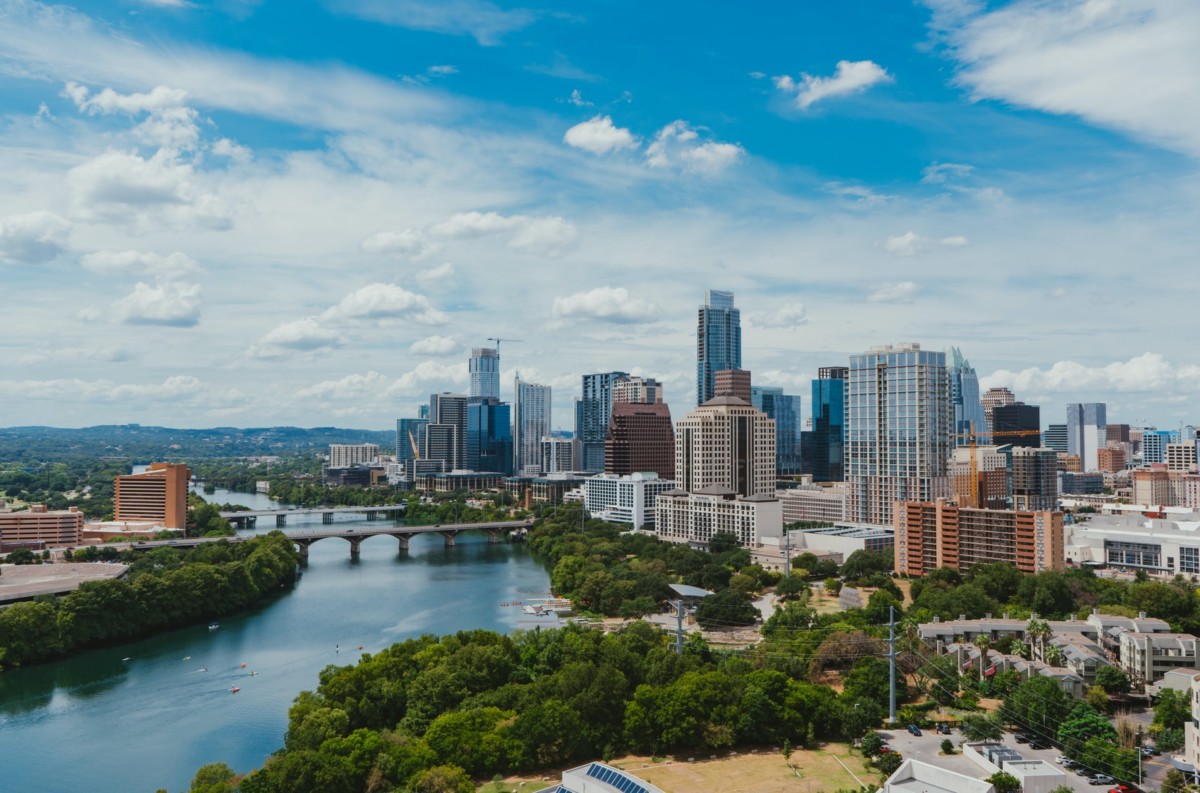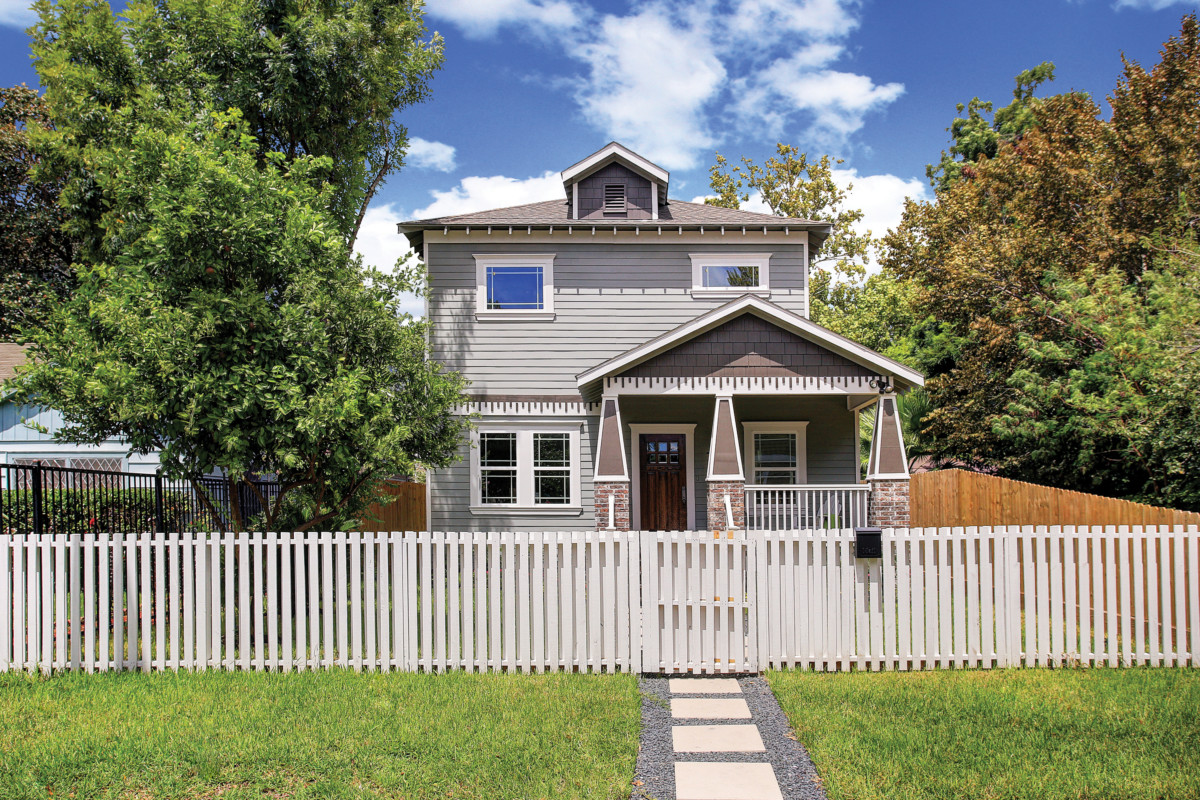10 Pros and Cons of Living in Texas
Texas, also known as the “Lone Star State,” is the second-largest U.S. state by area and population. With such a big state, you’ll find something to love about Texas – may that be the fantastic barbeque or the beautiful state parks; there is something for everyone. Whether you’re considering renting an apartment in San Antonio or living in Dallas, here are ten pros and cons of living in Texas. Read on to help you figure out if you want to make this state your home.

Pros of living in Texas
1. Low taxes
One of the reasons Texas is so popular is its lack of a state income tax. This policy alone causes people to move to the Lone Star State every year due to a lower overall tax burden. Additionally, entrepreneurs enjoy the fact that Texas is a pro-business state. For example, it has what’s called a “franchise tax.” This tax applies only to businesses, not individuals. Plus, it’s based on margins rather than profits or revenue. As a result, small companies in Texas don’t have to pay much in tax. Along with fewer tax burdens, the sales tax in Texas is comparatively low at 6.25%.
2. Affordable cost of living
On average, renting in Texas is lower than the national average. An example is a one-bedroom apartment that will cost about $685 a month, compared to the national average of $1,295. You can save even more if you opt for shared housing – the average price per person for a two-bedroom apartment is under $415 a month.
The low cost of living doesn’t stop with housing. Utilities will also cost you less in Texas than they would elsewhere. The average cost of utilities in Texas runs about $356 per month, about $14 less than the national average of $370.
Although we have seen more people moving into the state due to the lower cost of living, the median sale price in Texas has jumped 20.2% YoY. Even with the home sale price rising, Texas remains affordable compared to other metros like Seattle, WA. Check out these most affordable Austin suburbs to live in to get an idea of what you can afford.

3. Constant sunshine
Living in Texas means lots of sunshine. The weather is perfect for picnics, hiking, and biking. You can also go swimming or take a stroll along the beach. If you have kids, you can take them to the many state parks – like Cedar Hill State Park in North Texas and the many theme parks, zoos, and museums. You won’t have to wait until summer to play outside again because there’s always something to do.
4. Booming job market
With a strong economy and large companies relocating to Texas cities, Texas’ job market is growing – especially if you’re living in Austin. With hospitals expanding or being built all across the state, there is an increasing need for trained professionals in the medical field, especially nurses.
Here are a few other companies of interest that are headquartered in Texas:
- McKesson
- ExxonMobil
- AT&T
- Dell Technologies
5. Best educational opportunities for students
Texas is well-known for its wide range of public and private universities and colleges when it comes to education. There are many family-friendly cities with top-rated schools. The schools are highly rated, and they also have a variety of programs that students can choose from to further their education. Below are some of the top universities and colleges in the state:
- The University of Texas at Austin
- Texas A&M University
- Baylor University
- Rice University
If you have your heart set on attending college or university, you should consider Texas as a great destination.
Cons of living in Texas
1. Summer heat
Since Texas is a large state, temperatures vary on where you live. For example, living in Fort Worth in the North Central region, you can expect temperatures to range from 94-98°F, whereas you can expect the summer months living in Houston to range from 88-91°F. Texas is generally muggier along the lowlands and the Gulf Coast.

2. You’ll need a car to get around
Due to the state’s size, getting to and from different parts of the state requires some sort of transportation – a car being the most common option for residents. Traveling to major cities within Texas can take three-to-five hours by car. So with a car, you can drive to the distant national parks, cities, and the coast on your own time.
3. High property taxes
In Texas, property tax rates are usually higher than in most states. Texas is ranked 12th among the 50 states for property tax as a percentage of median income. One reason for this is that Texas does not have an income tax. The state focuses on taxing homes and property instead—which means lower taxes for residents but higher prices when buying a home or other property.
4. The bugs
When it comes to bugs, Texas has a lot of them. Texas’s conditions are almost perfect for encouraging bugs to breed with all that warm weather and the lush vegetation. Some of the more common insect problems Texans face include:
- Bees and Wasps
- Mosquitoes
- Ants
- Spiders
- Roaches
5. Exposure to hurricanes
One of the most important climate risks in Texas is hurricanes. Texas is a major site for hurricanes, and this natural disaster can cause a lot of damage to your property or even your life. Hurricanes leave thousands homeless and without electricity, so it’s best to prepare yourself beforehand.
The best way to protect yourself from them is to get away before they hit land. You should also make sure that you prepare your house for a hurricane by having flood insurance and the proper supplies ready so that you can evacuate if necessary.
Pros and cons of living in Texas: Bottom line
Is Texas the place for you? Well, it’s up to you to decide. There are always going to be pros and cons to any place. So whether you’re thinking of moving here or just exploring the idea, take some time to weigh your options before making a move.
Methodology
Median home sale price data was pulled from the US Housing Market resource during March 2022. State sales tax was pulled from World Population Review in April 2022.
The post 10 Pros and Cons of Living in Texas appeared first on Redfin | Real Estate Tips for Home Buying, Selling & More.
